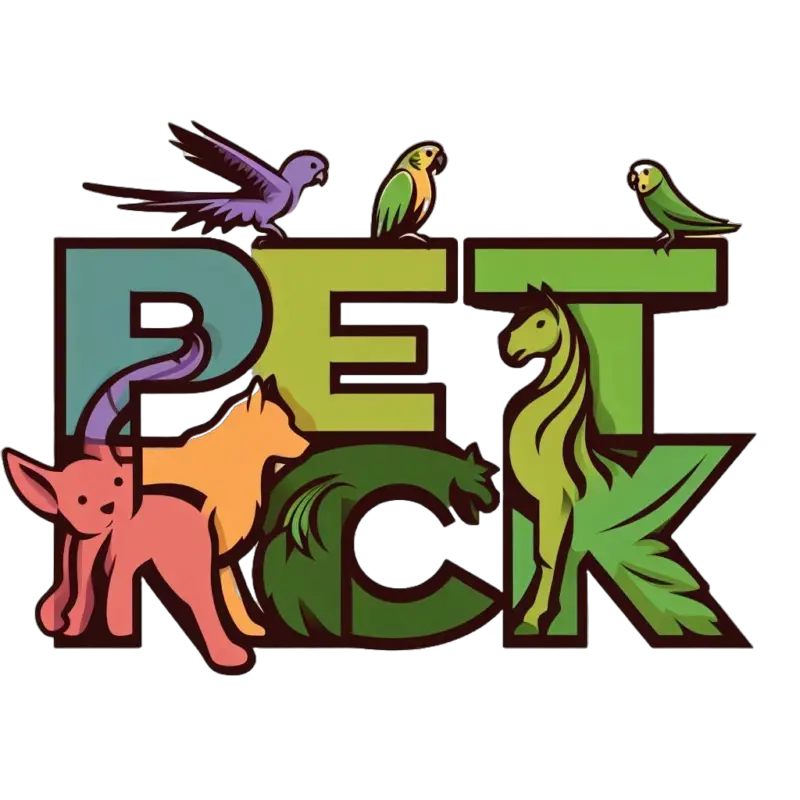Have you ever wondered which animal has the cleanest mouth? With over 6,500 mammal species on Earth, there are many potential contenders for the title. However, when examining factors like bacteria levels, self-cleaning behaviors, and diet, a few clear front-runners emerge. Keep reading to discover what animal reigns supreme in oral hygiene.
Why Clean Mouths Matter
Maintaining good oral health is essential for an animal’s overall wellbeing. Here’s why clean mouths are important:
- Prevent disease: Reducing bacteria helps prevent gum infections, tooth decay and bad breath. Good oral hygiene supports the immune system.
- Eat properly: Oral health problems can inhibit eating and nutrients intake. Clean mouths allow animals to thrive on their natural diets.
- Communicate: Some species use vocalizations for finding mates and bonding. Dental problems can limit these social interactions.
- Quality of life: Animals with clean mouths experience less pain and discomfort while eating and socializing. Overall health and lifespan are enhanced.
So across the animal kingdom, the cleanest mouths give species an evolutionary advantage. But which creatures take oral hygiene most seriously? Let’s look at the top contenders.
Dogs
Man’s best friend is well-known for slobbery kisses, but how clean are canine mouths? Dogs score reasonably well for oral cleanliness:
- Saliva helps reduce bacteria and plaque buildup.
- Their broad diet of meat, bones and vegetables provides abrasion to scrub teeth. Raw foods are especially effective.
- Chewing toys, bones and treats clean tartar and massage gums.
- Brushing removes plaque and bacteria missed by other tactics.
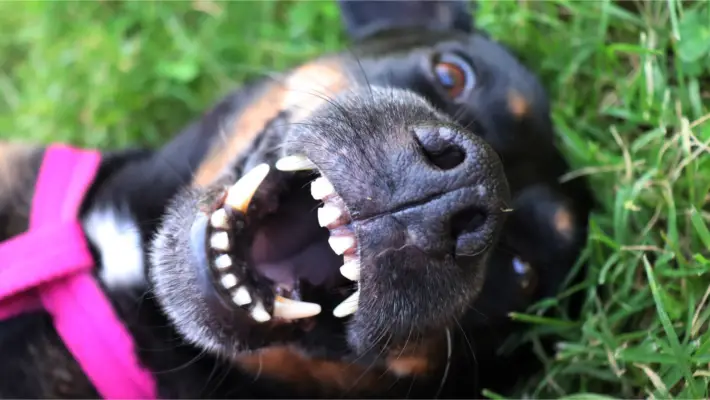
However, dogs eat decaying items that can transfer bacteria internally and externally. And without brushing, plaque and tartar accumulation is common. So while better than some contenders, dogs fall short of having the cleanest mouths.
Cats
Cats are fastidious groomers, but does their oral hygiene make the cut? Felines exhibit some positive dental habits:
- Saliva contains antibacterial enzymes that destroy plaque.
- Cats meticulously groom by licking their coats, which rubs against teeth.
- Chewing kibble helps scrub away tartar.
- Their carnivore diet of protein-rich whole prey naturally cleans teeth.
However, cats also exhibit some unhygienic behaviors:
- Dry food doesn’t provide enough abrasion to optimize cleaning.
- Cats ingest hair while grooming, leading to hairball digestive issues and mouth bacteria.
- Without brushing, cats still experience substantial plaque and tartar buildup over time.
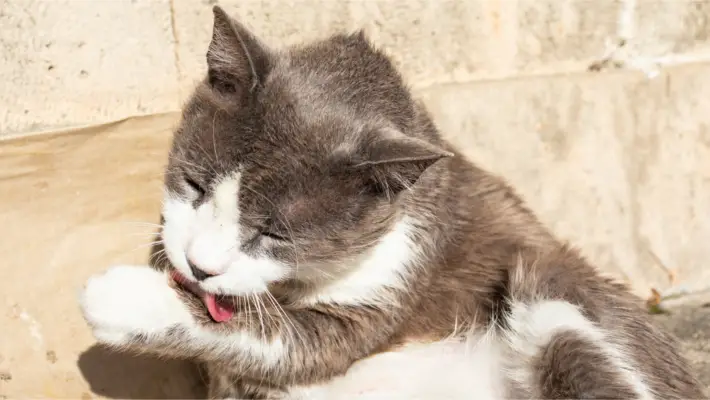
With their diligent grooming but tooth-coating hairballs, cats rank as middling mouth cleanliness.
Horses
Could humanity’s long-term workhorse reign supreme for dental cleanliness? Here’s how horses measure up:
- Horses chew in a circular motion that grinds away bacteria-harboring detritus.
- They graze on grasses almost constantly, providing continual teeth scrubbing.
- Equine saliva limits bacterial growth.
- Their vegetable and grain diet avoids bacteria-laden meat.
However, some factors knock horses out of the running for cleanest mouths:
- Pasture grazing exposes their mouths to fecal bacteria.
- Sugar-heavy feed promotes cavity-causing bacteria.
- Elusive back teeth are hard to naturally clean.
- Minimal food chewing or dental problems can cause plaque buildup.
With heavy grazing yet sugary diets, horses have above average but not exemplary mouths.
Rabbits
Could a small herbivore have the cleanest chompers? Some clues that rabbits excel in oral hygiene:
- Long fiber diets of grass and hay require extensive chewing, which grinds away plaque.
- Rabbit saliva contains minerals that limit bacteria growth.
- Their continually growing teeth compensate for any chipping or wearing from chewing.
- Rabbits fastidiously groom themselves, spreading saliva while licking fur.
- High pH in rabbit saliva counteracts acidity from cavity-causing bacteria.
But rabbits aren’t perfect on every count:
- Jaws can misalign over time without enough abrasive chewing.
- Infections can develop in crevices around the large buck teeth.
Still, rabbits exhibit some of the best natural teeth cleaning behaviors found in mammals.
And the Winner Is…
While rabbits boast impeccable oral hygiene habits, another small mammal takes the top honor for cleanest mouth. The hyrax is a little-known, guinea pig-sized African mammal that tops the dental charts. Here’s why hyraxes clinch the title:
- Hyraxes chew slowly but almost constantly while awake, preventing any plaque buildup.
- Their broad diet of plants provides abrasion from fibers and tooth-scrubbing minerals.
- Antiseptic compounds in their saliva kill bacteria and prevent gum disease or cavities.
- Frequent grooming spreads saliva throughout their coat and mouths.
- Agile lips allow hyraxes to individually clean every surface of every tooth.
- Hyraxes have even been observed blowing bubbles with their spit to clean their mouths!
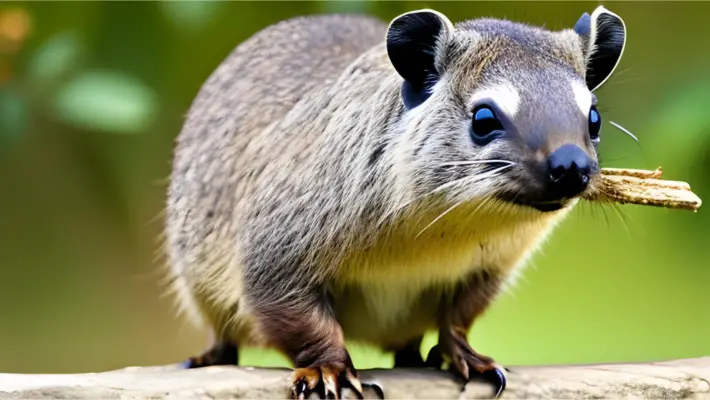
With meticulous grooming, supreme saliva and ceaseless chewing habits, the humble hyrax reigns as the mammal with the cleanest mouth.
So next time you see someone yawning widely, don’t judge – they’re just taking a page from the hyrax’s oral care playbook! When it comes to good dental hygiene, we humans still have a lot to learn from the animal kingdom.
